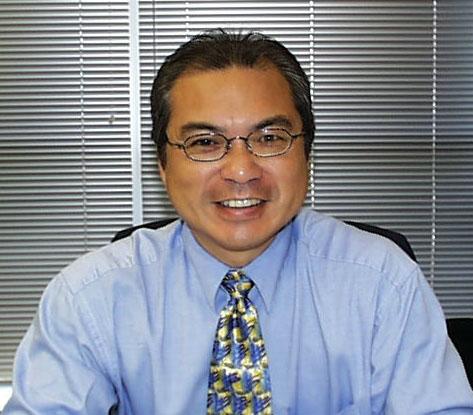Measurement is all the buzz these days! I guess we are all trying to do more with less so organizations are evaluating every dollar it spends since the number of dollars are limited. Communities like any other approach comes under the same scrutiny. The whole "organic" piece works for only so long, before the boss asks "what am I getting out of this?" When we start communities in organizations the cost is relatively low (unless you start with some expensive technology). But as more people get involved you may start needing technology or people may spend more time in the community or you may need funding for events, and before you know it you are asking for a community budget.
The moment you do that, return on investment (ROI) comes into the picture. Like the boss said, "what am I getting out of this?"
Typically in the initial phases you are not necessarily measuring the impact of the community, you are assesing the health of your community. Communities go through some very distinct phases of starting, forming, growing, maturing and sometimes dying. Of course I am not quoting anyone's stages per se I am just saying that they go through these phases.
When you start, an early measure is membership. How many people are in your community? Then you move on to activity. How many times do you meet or get together? What do you do when you get together? and how much do members drive what happens in the community versus what the leader is driving?
As the community matures the group should attempt to put together some outcome measures. Take on a special project to fix something that will impact the bottom line, or gather ideas to create a new product, recommend changes in a process, something that makes a bottom line impact to the organization.
Now don't get me wrong, I am not saying that all communities have to have bottom line results, some of you may be lucky in that your management recognizes the inherent value of a community and knows that sometimes intangible stuff cannot be measured but does pay off somewhere. But that's not the good fortune of most of us that have to account for every hour with a project code.
So here is a basic article on Measurement and KM that Kimberly wrote a while back that is a great overview on KM and Measurement and gives you a framework to think about measures.
Friday, September 17, 2004
Subscribe to:
Post Comments (Atom)

No comments:
Post a Comment